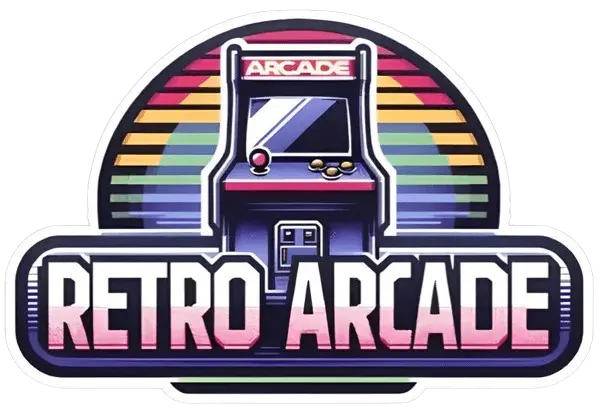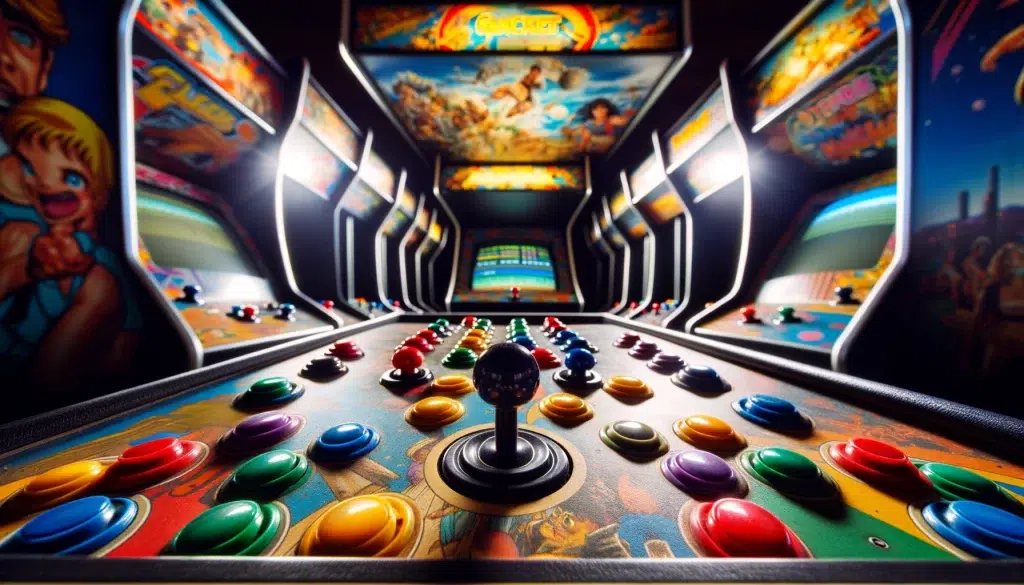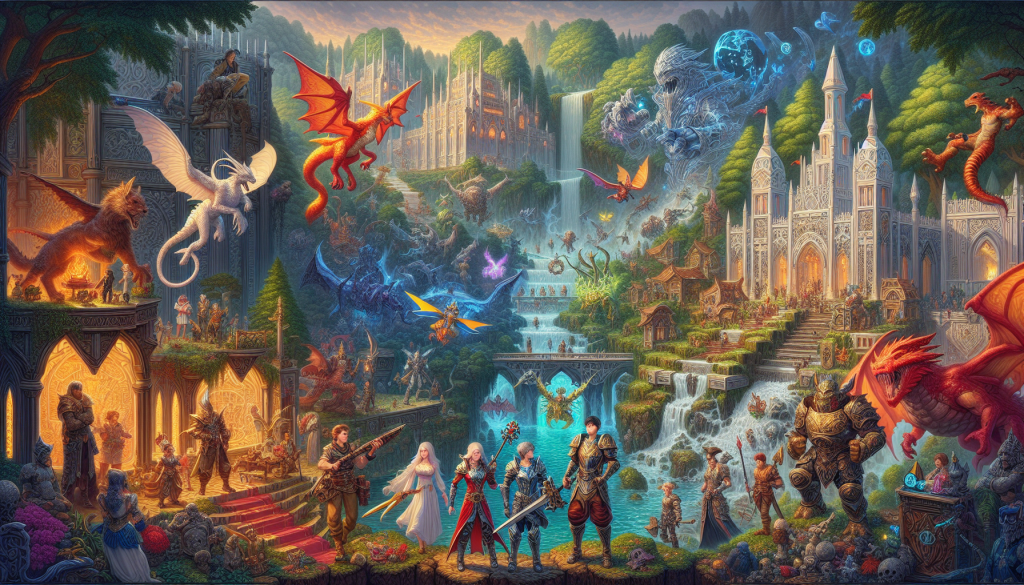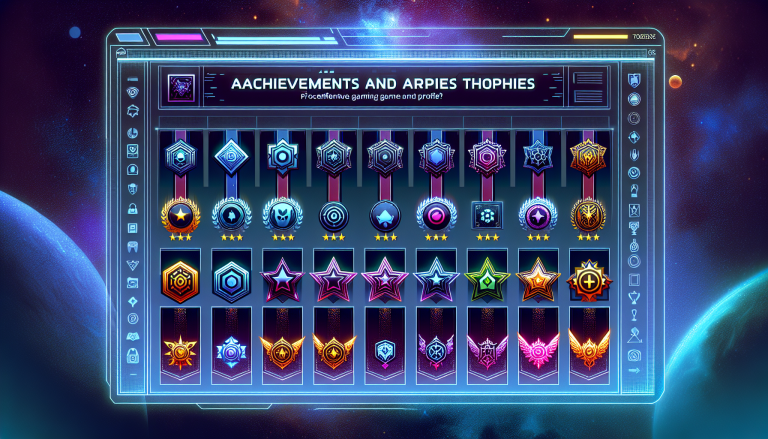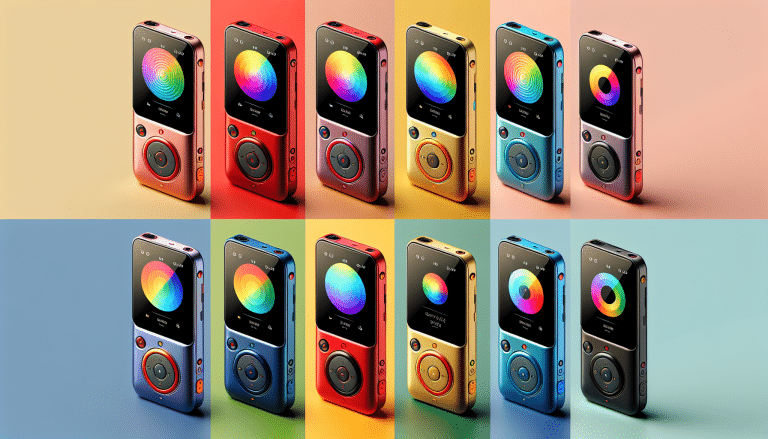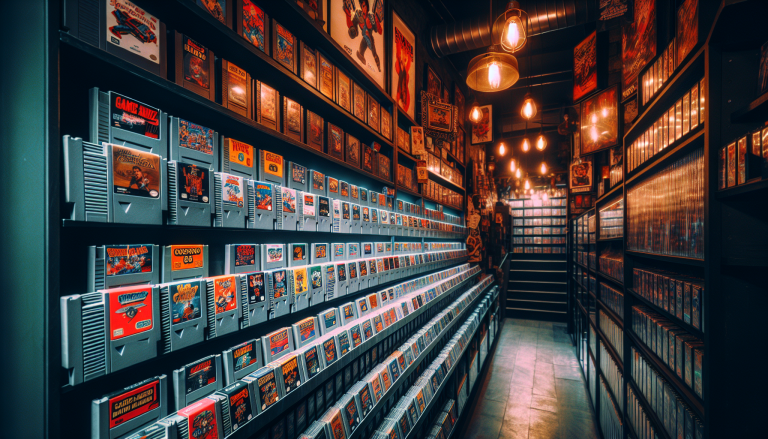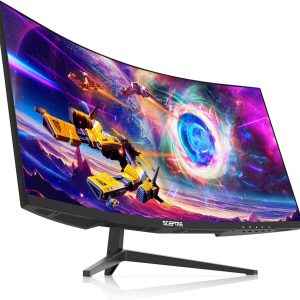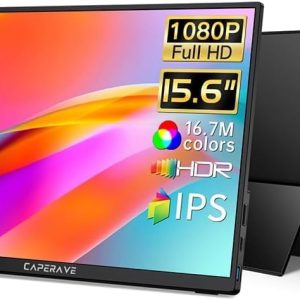Understanding the Basics of Starting a Retro Game Collection
There’s something incredibly nostalgic about retro games. Whether it’s the pixelated graphics, the catchy chiptune soundtracks or just the sheer simplicity of the gameplay, these games are a delightful throwback to an era where things were a lot simpler. So, if you’ve been bitten by the retro gaming bug and are looking to start your own collection, you’ve come to the right place! Let’s dive into the exciting world of retro gaming.
Deciding Why You Want to Collect
Before anything else, you need to understand why you’re starting your collection. Having a clear purpose can inform your decisions and keep your collection focused. Are you collecting for the sake of nostalgia? Do you want to play these games, or is your collection going to be purely for display? Or maybe, you’re seeing it as an investment opportunity? Knowing your “why” is the first step in starting a retro game collection.
Research is Key
Just like any other hobby, retro game collecting requires a bit of research. You need to know about the different gaming consoles, the games available for each, and their market values. The Internet is a treasure trove of information, with forums like Reddit and websites like pricecharting.com offering valuable insights. Arm yourself with knowledge so you can make informed decisions when buying games.
Setting a Budget
It’s easy to get carried away when you start a collection. That’s why it’s important to set a budget and stick to it. Retro games can range from a few dollars to thousands, depending on their rarity and condition. Having a budget prevents overspending and helps you prioritize your purchases.
Starting Small
It can be tempting to buy a whole bunch of games at once, but it’s better to start small. This gives you the chance to fully appreciate each game and understand its place in your collection. Plus, it’s always more satisfying to see your collection grow over time. Patience is a virtue in retro game collecting.
Checking the Games’ Condition
- When buying retro games, always check their condition. This includes the cartridge/disc, the box, and the manual. A game in good condition will not only play better but also hold its value better.
- If possible, test the game before purchasing. This is especially important for cartridge-based games, as they are prone to failure due to their age.
No matter why you’re starting your collection, what games you decide to include, or how much you’re willing to spend, the most important thing is to enjoy the process. Retro game collecting is, above all, a labor of love. So take your time, do your research, and above all, have fun!
Key Factors to Consider When Choosing Retro Games for Your Collection
Your journey into the world of retro gaming can be more enjoyable if you choose games that truly resonate with you. But with hundreds of games to choose from, how do you narrow down your choices? Here are some key factors to consider when building your retro game collection.
1. Your Interests
The first, and perhaps most important factor, is your personal gaming interests. There’s no point in collecting games that you have no intention of playing. Do you prefer action games, strategy games, or are you more inclined towards puzzle games? Look for games within your preferred genre to start your collection.
2. Rarity
Consider the rarity of the game, as this can significantly influence its value. Some retro games are extremely difficult to find, making them more expensive but potentially a good investment. Remember, however, that the rarity of a game doesn’t necessarily equate to its quality or enjoyment, so consider this factor alongside others.
3. Historical Significance
Some games have made significant impacts on the gaming industry and are worth considering for their historical significance. Games released by notable developers or those that introduced new features or styles of gameplay that are now standard in current games are excellent additions to any collection.
4. Condition of the Game
The condition of the game you’re purchasing is also crucial. While some wear and tear is expected, especially for very old games, you should be cautious of games with significant damage. Damaged games might not play correctly or may have missing parts.
5. Authenticity
Unfortunately, there are fake versions of popular retro games on the market. It’s essential to check the authenticity of the game before you purchase. This might involve examining the game’s packaging, instruction manuals, and even the game cartridge or disc itself for signs of authenticity.
With these factors in mind, you’re well on your way to building a retro game collection that not only holds value but brings you immense joy. Remember, the ultimate goal of collecting retro games is to have fun, so always choose games that you love and enjoy playing.
Common Mistakes to Avoid in Retro Gaming Collection
Starting a retro gaming collection is a thrilling journey, but it can also be riddled with pitfalls if you’re not careful. So, let’s walk through some common errors you should steer clear of to keep your hobby enjoyable and rewarding.
1. Not Doing Your Homework
One of the biggest mistakes new collectors make is jumping in without proper research. Games, consoles, accessories – there’s a wealth of information out there on each of these that you should get acquainted with. Investment in knowledge always pays off. It could save you from overpaying, buying fakes, or just getting something you don’t really want or need.
2. Letting Emotions Drive Your Purchases
It’s easy to let nostalgia or excitement take the wheel when you come across a game from your childhood or a rare find. But making impulsive purchases can lead to regret later — either because you’ve spent too much or ended up with a game that isn’t as fun as you remembered. Try to keep a level head and consider each acquisition carefully.
3. Neglecting Condition and Authenticity
When it comes to retro game collecting, condition and authenticity are paramount. Never be afraid to ask for close-up photos or more information about a game’s condition. Keep an eye out for signs of counterfeits as well, such as inconsistent coloring or typos on the label. Remember, it’s better to wait for a legitimate copy in good condition than to settle for something less.
4. Overlooking the Importance of Storage
Proper storage is a must to protect your collection from damage over time. Humidity, sunlight, dust, and mishandling can all wreak havoc on your games. Invest in quality protective cases, and store them in a cool, dry place to ensure they stay in the best possible condition.
5. Going Broke in the Process
Don’t let your new hobby drain your wallet. Set a budget and stick to it. It’s not worth going into debt for a game, no matter how rare or desirable it might be. Collecting should be a fun and sustainable hobby, not a source of financial stress.
6. Forgetting to Enjoy the Games
Last, but not least, always remember why you started collecting in the first place: for the love of the game. Take time to actually play and enjoy your games, not just hoard them. After all, they were created for entertainment, so don’t lose sight of that.
By avoiding these common mistakes, you can ensure your journey into retro game collecting is as rewarding as it is fun. Happy gaming!
Strategies to Maintain and Preserve Your Retro Game Collection
Collecting retro games is no small feat, but maintaining and preserving them? That’s an entirely different ballgame. However, don’t fret! Here are some practical tips to keep your collection in prime condition.
Proper Storage
Arguably the most important aspect of maintaining your collection is proper storage. This serves as your first line of defense against potential damage.
- Always store your games in a cool, dry place. Humidity can wreak havoc on older cartridge-based games.
- Avoid direct sunlight as it can fade the artwork on the game cases.
- For disc-based games, consider using CD sleeves or jewel cases to protect them from scratches.
Regular Cleaning
Regular cleaning is another important aspect of game preservation. Dust and grime can accumulate over time, which can damage your games.
- For cartridge-based games, use a cotton swab dipped in rubbing alcohol to clean the contacts. Just make sure it’s dry before you put it back.
- For disc-based games, a soft cloth and some water should suffice. Remember to wipe from the center of the disc outward, not in a circular motion.
Handling with Care
Last but definitely not least, always handle your games with care. They’re older than most modern games, and they’re not as resilient.
- Avoid touching the surface of discs or the contacts of cartridges.
- When removing games from their cases or the console, make sure to do so gently.
Expert Advice: Regular Play
Contrary to popular belief, regular play can actually help keep your retro games in good condition. As Dave Shevett, Chair of the U.S. National Videogame Museum, puts it, “use helps keep systems alive. The biggest enemy is dust and corrosion, both of which are mitigated by use.”
So don’t be afraid to actually play your games! Just remember to handle them with care and keep them clean.
Preserving Hardware
It’s not just the games that need care, the consoles and controllers do too. Here are some tips:
- Keep your consoles dust-free. Dust can clog up the vents, causing overheating.
- Store controllers properly. Avoid wrapping cords around the controller as this can lead to wire damage.
Remember, a well-maintained collection not only lasts longer, but it’s also more enjoyable to play, and has a higher resale value. So give your retro games the love and care they deserve!
